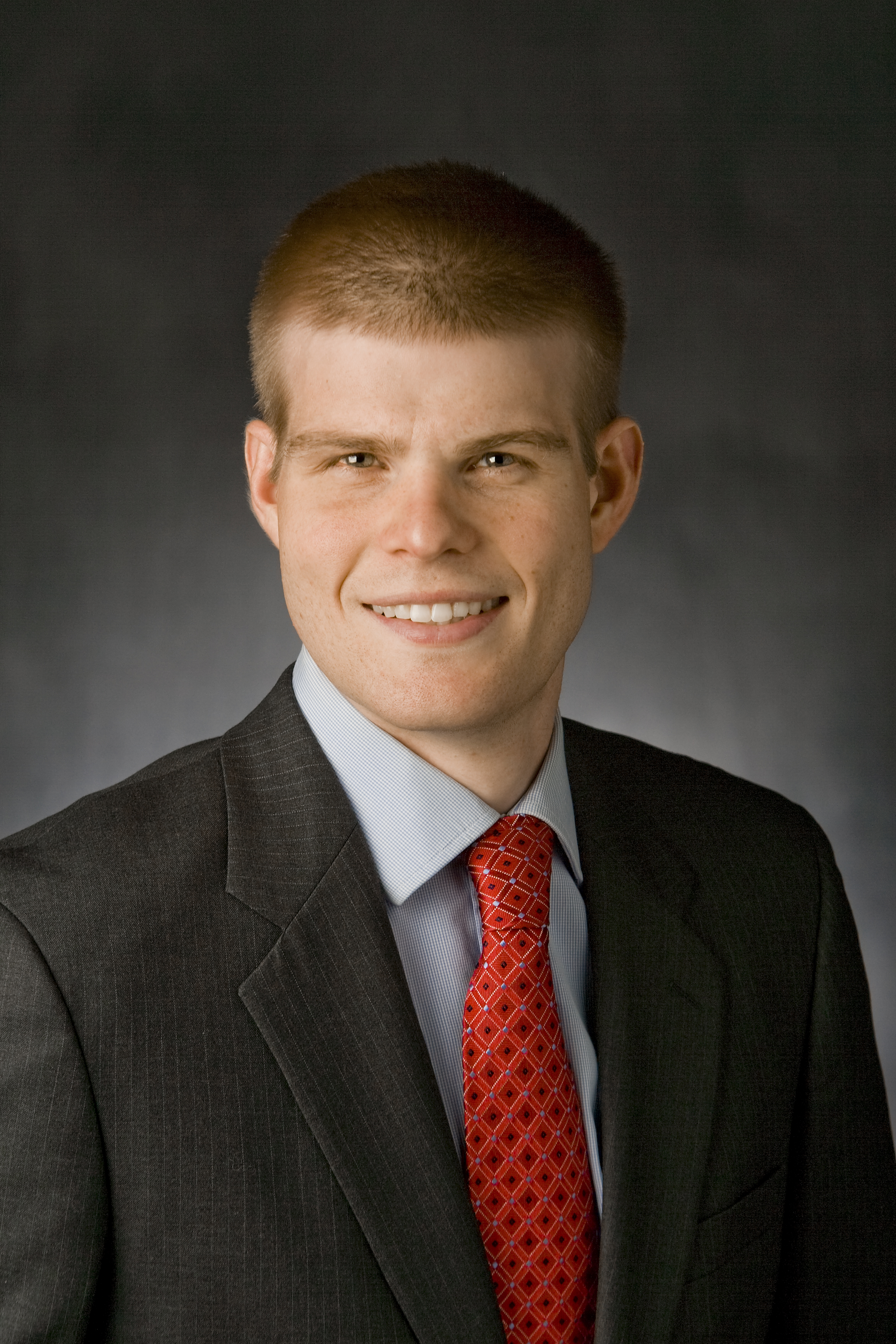
- This event has passed.
Dr. Jed Atkins, Duke University

Date
October 19, 2014 at 9:00 PM EDT
Location
411 Willard Straight Hall
A longstanding thesis holds that key aspects of early Christian thought were appropriated from Greek philosophy. Historians of early Christianity have debated (a) the extent to which this idea, sometimes called “the Hellenization of Christianity”, pertains to the development of early Christian religious practices and institutions; however, they have generally recognized (b) that Greek philosophy shaped the early Christian intellectual and philosophical tradition. During our time together, I hope to accomplish two things: first, I want to explore further the “Hellenization of Christianity” with special attention to contemporary views about what (if anything) is at stake with this question; second, through a series of brief case studies in the Christian intellectual/philosophical tradition, Dr. Atkins suggests that we might better describe (at least some aspects of) the development of this tradition as “the Christianization of Hellenism.”
Jed Atkins, who has joined the Duke Classics faculty as an Assistant Professor, is the recent recipient of a PhD in Classics from the University of Cambridge. His research focuses mainly on Greek and Roman political thought and ethics. In addition, he works on the modern reception of ancient philosophy and the relationship between Greco-Roman philosophy and early Christian moral and political thought. Professor Atkins is especially interested in Roman philosophy, and much of his research has focused on Cicero’s political philosophy. His book, Cicero on Politics and the Limits of Reason, examines the political philosophy of Cicero’s Republic and Laws. He has also written on such topics as conscience in later Greek philosophy, the reception of Cicero’s natural right teaching in eighteenth century political thought, St. Ambrose’s De officiis, and the relationship between constitution and empire in Roman political thought. He is currently working on Cicero’s De officiis and a book-length study of republicanism in Roman political thought.
———–
Graduate Christian Fellowship Roundtable
